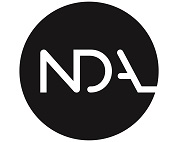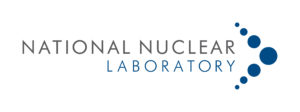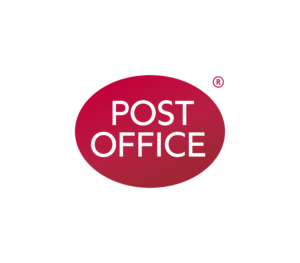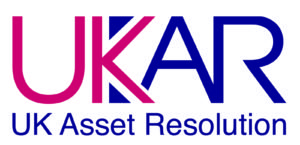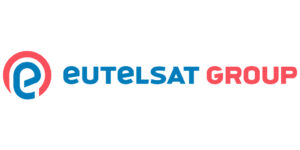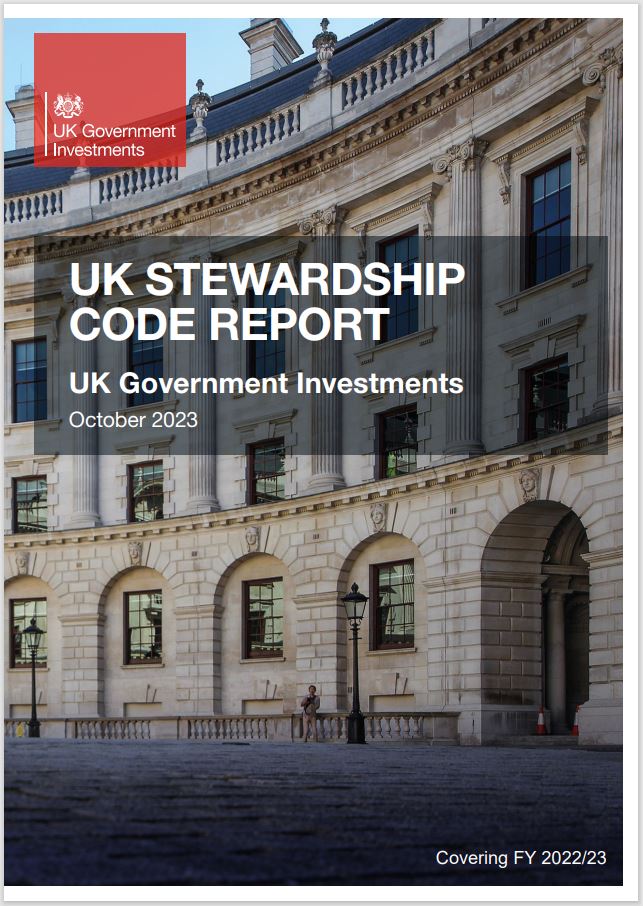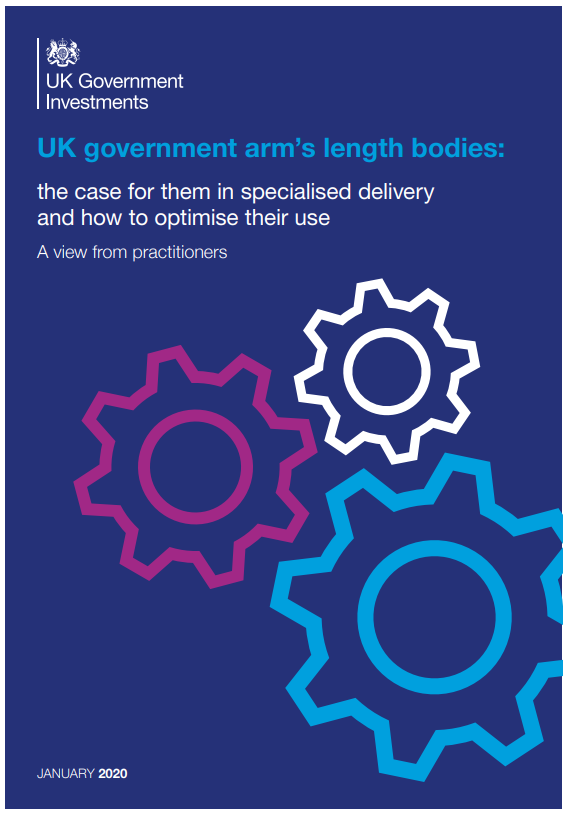Act as a shareholder representative for, and lead establishment of, UK government’s most complex and commercial arm’s length bodies (ALBs) on behalf of sponsor departments
The UKGI governance team has deep Board, governance, commercial and financial expertise drawn from both inside and outside government. We support HMG’s effective ownership of its arm’s length bodies (ALBs), enhancing Departments’ ability to effectively discharge their responsibilities in relation to their ALBs and promoting those assets’ successful organisational performance. This includes taking a proactive shareholder role, sharing best practice advice on setting up new ALBs, undertaking governance reviews and providing shareholder function scoping and design workshops.
In accordance with Managing Public Money (MPM), departments are encouraged to seek UKGI’s advice for managing departments’ responsibilities as shareholders, and also when establishing central government companies, public corporations or ALB’s which have a significant commercial element, significant private sector interface and/or whose governance is of material complexity.
Delivering a shareholder function which seeks to drive continuously improving and sustainable asset performance can include:
- Governance structure and documentation: Driving accountability and effective shareholder relationships by working with assets and departments to put in place best practice and fit for purpose corporate and government governance frameworks
- Objectives, business planning and performance: Supporting and challenging assets to produce fit for purpose business plans, performance metrics and reporting, and so drive increased accountability and improved planning between assets and HMG
- Corporate capability: Challenging and monitoring our assets’ internal systems and processes to help identify and mitigate risk and promote best practice internal governance, culture and organisational health
- Effective leadership: Applying senior corporate expertise to influence ALB recruitment and remuneration processes, board reviews and succession planning to help shape strong and fit for purpose capability in our assets’ boards and senior executive
- Effective relationships: Facilitating effective, pragmatic and transparent relationships between our assets and government, through formal and informal, senior-led, regular interactions
- Experienced Shareholder Non-Executive Director: Acting as Shareholder NED, contributing deep governance and government expertise to our assets’ boards, and facilitating the relationship and understanding between asset boards and their departments
Andy Butterworth
Executive Director
Andy joined UKGI in December 2016 and is the head of our Corporate Governance practice, supporting HMG’s effective ownership of its arm’s length bodies. He currently sits on the Board of The Royal Mint Limited.
Previously Andy has worked in UKGI’s Special Situations Group which focuses on sectors and corporates where there is a risk of economic shock impact to major employment or assets of national interest. He has also worked within UKGI’s housing activities with MHCLG, delivered a number of projects with the UKGI Defence team and led UKGI’s governance team working on UK Export Finance.
Andy is a FCA and prior to joining UKGI was an M&A Director at Deloitte specialising in advising on non-standard and accelerated M&A transactions, many of which involved advising companies, investors and lenders on maximising value in constrained, challenging or time-critical situations.
Roshana Arasaratnam
Executive Director
Roshana joined UKGI in June 2022 having worked across capital markets, public sector and not for profits over the last 20 years, most recently as Associate Managing Director at Moody’s Investor Services where she has led ratings teams across Europe.
Before Moody’s, Roshana led finance, business planning and performance improvement initiatives in local government, having trained as a chartered accountant at PricewaterhouseCoopers. In addition, she’s interested in the intersection between public and sustainable finance and is on the Audit and Risk Committee of the Climate Change Committee; tutors in Sustainable Finance at the Cambridge Institute of Sustainable Leadership, and is a member of the ICAEW Sustainability Committee.
James Coppin OBE
Executive Director
James joined UK Government Investments (formerly the Shareholder Executive) in March 2014. He has worked on a variety of corporate finance and governance projects, including government investments into industry and government asset sales. Major government sales worked on include the two public equity offerings of Royal Mail shares that removed Royal Mail from public sector ownership and advising the Department for Transport on Network Rail’s sale of c. 5,000 railway arches. He has recently been advising the Department of Health and Social Care on transactions relating to the provision of indemnity cover for GPs and working with the UK’s Vaccine Task Force on negotiating agreements with vaccine manufacturers to secure vaccines and manufacturing capacity as part of the UK’s response to Covid-19.
Prior to joining UKGI, James spent ten years working in corporate finance, first on the sell side in investment banking and, immediately prior to joining UKGI, on the buy side, at a hedge fund. He started his career at Bank of America, working in London and New York.
James holds an Economics degree from St Catharine’s College, Cambridge.
Our work on appointments:
UKGI is involved in the appointment or reappointment of over 100 board members every 3 years across its portfolio. It is a crucial part of UKGI’s shareholder function, ensuring exceptional talent is engaged to provide senior leadership across the range of organisations we support.
Operating at the edge of the public and private sector, we seek to use the best practice of both to support the running of open and fair competitions which find and promote a diverse range of suitable candidates, often working work closely with Executive Search firms.
Becoming a Board Member
The role of the Board is to provide collective leadership to the organisation so it fulfils its own strategic aims and the objectives and priorities set by the relevant Secretary of State, and complies with the requirements relating to the use of public funds. Role descriptions will be tailored to the particular roles available and the expertise required on that board. It is therefore important that applicants have relevant senior experience, effective communication and interpersonal skills, data literacy and sound judgement. While we often appoint experienced Non-Executives, we are always interested in those who are looking to go plural.
If you would like to find out about future vacancies, register on our vacancies page.
We would encourage you to also register your profile on the central Cabinet Office Public Appointments website. Here you will find a wide range of opportunities across the public sector.
The public sector and state owned enterprises, wholly or partially owned, which UKGI works with are:
Our publications set out how we strive to meet the needs of government departments and, ultimately, taxpayers and wider society through our governance role
The British Business Bank is a government owned business development bank dedicated to making financial markets work better for small businesses.
Channel 4 is a commercially funded public sector broadcaster it operates a portfolio of channels including channel 4.
Nuclear Decommissioning Authority (NDA) ensures the safe and efficient clean-up of the UK’s nuclear legacy. NDA is an executive non-departmental public body, supported by 4 agencies and public bodies.
National Nuclear Laboratory ‘s purpose is to serve the national interest and create value for customers by pushing the boundaries of science, technology and innovation.
The Post office is the UK’s largest retail network and the largest financial services chain in the UK with more branches than all of the UK’s banks and building societies put together.
Ordnance Survey’s aim is to provide mapping that informs, guides and inspires. Its vision is to reveal our ever-changing landscape in extraordinary detail, giving the most comprehensive view of Britain.
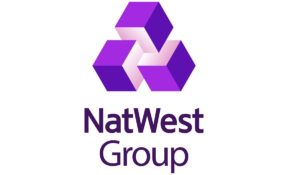
Natwest Group is a UK-based financial services company, head-quartered in Edinburgh. NatWest Group provides a wide range of products and services to personal, commercial and large corporate and institutional customers through its two main subsidiaries, NatWest and The Royal Bank of Scotland, as well as through a number of other well-known brands including Ulster Bank and Coutts.
The Royal Mint is the world’s leading export mint, making coins and medals for an average of 60 countries every year. However, its first responsibility is to make and distribute United Kingdom coins as well as to supply blanks and official medals.
UK Export Finance is the UK’s export credit agency and a government department . It works with 70 private credit insurers and lenders to help UK companies access export finance.
UK Asset Resolution (UKAR) was established on 1 October 2010 to facilitate the orderly management of the closed mortgage books of both Bradford & Bingley and NRAM.
URENCO is an international supplier of enrichment services and fuel cycle products. With plants in Germany, the Netherlands, the UK and in the USA, it operates in a pivotal area of the nuclear fuel supply chain which enables the sustainable generation of electricity for consumers around the world. The URENCO Group provides safe, cost effective and reliable uranium enrichment services for civil power generation within a framework of high environmental, social and corporate responsibility standards.
Eutelsat Group is the world’s first GEO-LEO satellite operator, listed in Paris and London, providing video and connectivity services to customers around the globe. The UK Government became a shareholder in September 2023 following the merger of Eutelsat with OneWeb, the UK-based Low Earth Orbit satellite communications company.
Reclaim Fund Ltd (RFL) is the UK’s operator of the Dormant Assets Scheme. Working with the financial services industry, RFL facilitates the transfer of dormant asset monies into the Scheme ensuring the original owner’s right to reclaim and distributing the surplus funds (amounts in excess of what is required to meet future reclaims), to social and environmental initiatives across the UK.
AWE plays a crucial role in nuclear defence, providing the warheads for the UK’s nuclear deterrent.
The UK Infrastructure Bank (UKIB) is the new, government-owned policy bank, focused on increasing infrastructure investment across the United Kingdom. It will partner with the private sector and local government to finance a green industrial revolution and drive growth across the country.
Sizewell C will generate enough low-carbon electricity to supply six million homes. By replacing fossil-fuel power, it will avoid around nine million tonnes of carbon emissions each year. It will create thousands of local jobs and contribute around £4 billion to the regional economy. The project will support 70,000 jobs across the UK and rely on over 3,000 UK-based suppliers.
UKGI is committed to good stewardship practices and the Financial Reporting Council’s revised 2020 UK Stewardship Code. UKGI is reaffirmed as a signatory to the UK Stewardship Code for a third year; our report provides an update on our stewardship activities during 2022/23 and outlines our stewardship priorities going forward.
UKGI Stewardship Code Report
22 February 2024 19.38 MB
UKGI paper on the use of ALBs in government: a view from practitioners
A key part of UKGI’s mission is to support departments across Whitehall to be most effective in their role as shareholders of arm’s length bodies. In this paper, published in 2020, we have drawn on our expertise across both the public and private sectors to identify how, where and why arm’s length bodies are used by government, and to define seven critical success factors for setting up and managing them. The paper is intended to help inform debate across Whitehall and beyond on the effective use of arm’s length bodies for specialised delivery, as well as to share practical know-how and expertise in this area.
Case Studies
Atomic Weapons Establishment
UKGI supported the Ministry of Defence (MoD) to bring the Atomic Weapons Establishment (AWE) into government in July 2021, to protect and enhance effective provision of the UK’s nuclear deterrent. UKGI supported the original transaction and now performs a joint shareholder role with MoD.
Drawing on best practice, UKGI sought to recruit a new AWE Chair and Board to enable a successful integration into government and improve the decision-making and oversight at Board level in its new position as an arm’s length body. This role was previously carried out by the private sector shareholders under contract from MoD.
UKGI supported the recruitment process to shape the Board with the necessary mix of skills required of the Chair and NEDs to capture the areas of support the executive team would require. Throughout, there was an emphasis on diversity in Board and executive leadership. The new board has 36% women directors, including the CEO, and all forms of diversity are priorities in future Board recruitment and succession planning.
Alongside building a strong board, UKGI has developed a close and effective relationship with MoD on AWE, creating a joint shareholder team between the two organisations. This allows UKGI, for the future, to continue to support best shareholder practice within the MoD.
The Royal Mint
UKGI acts as shareholder on behalf of HMT Ministers in relation to Government’s 100% shareholdings in The Royal Mint (TRM).
TRM manufactures all coins used within the UK and a further 20 countries around the world. However, as coin circulation is gradually declining, UKGI has worked closely with TRM and HMT to reset TRM’s objectives and operating freedoms to allow it to broaden its range of activities in a structured manner, into new areas which are all strategically linked to precious metals and British craftsmanship. This includes some entirely new ventures such as the recovery of gold and other precious metals from discarded electronic waste and the introduction of 886, a precious metals jewellery range.
UKGI was centrally involved in the review and subsequent approval process to support the required capital investment which was completed by TRM’s Board, leading on the structure of the review meeting. This input prepared TRM’s team to navigate the further challenge and stress testing required by HMT as shareholder. The collaborative approach with early and regular engagement led to a smooth and efficient passage through shareholder and ministerial approval enabling TRM to make progress on the novel project.
UK Infrastructure Bank (UKIB)
UKGI undertakes the role of shareholder for the UK Infrastructure Bank on behalf of HM Treasury. UKIB’s core mission is to partner with the private sector and local government to increase infrastructure investment to tackle climate change and promote economic growth across the UK.
Since starting our role in May 2021 we have used experience from the set-up of Green Investment Bank and British Business Bank to support the initial phases of UKIB’s build out, including playing an important role in the preparation and execution of UKIB’s financial framework document and the establishment and implementation of UKIB’s £22billion financial capacity.
Over the past 12 months UKGI has supported UKIB on its journey from set-up into steady state with a number of key milestones achieved. UKIB’s Board is now fully constituted and its senior management team has transitioned from interim to permanent. Board and committees are well-established and through our role we have helped strengthen the robustness of UKIB’s governance processes.
Operationally, UKGI has supported UKIB and HMT with building out its funding arrangements and risk management processes. Notable highlights have included the launch of the Sovereign Infrastructure Guarantee in February 2023 and publication of UKIB’s Risk Management Framework in November 2022.
In March 2023 the UK Infrastructure Bank Act received Royal Assent and was passed into law, placing the bank on a statutory footing and concluding a significant year of achievements for UKIB. UKGI will continue to support UKIB on its mission, helping to drive value for HMT and to the taxpayer.


